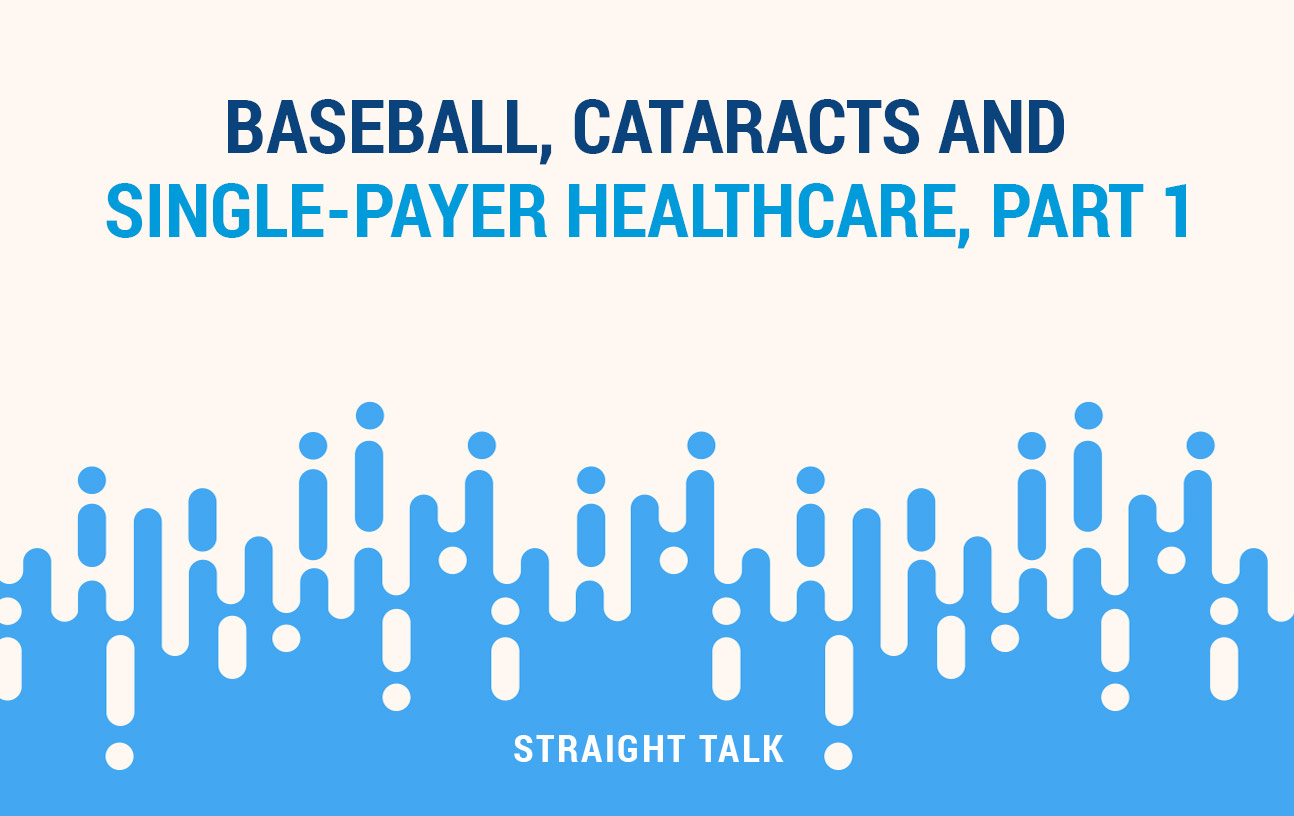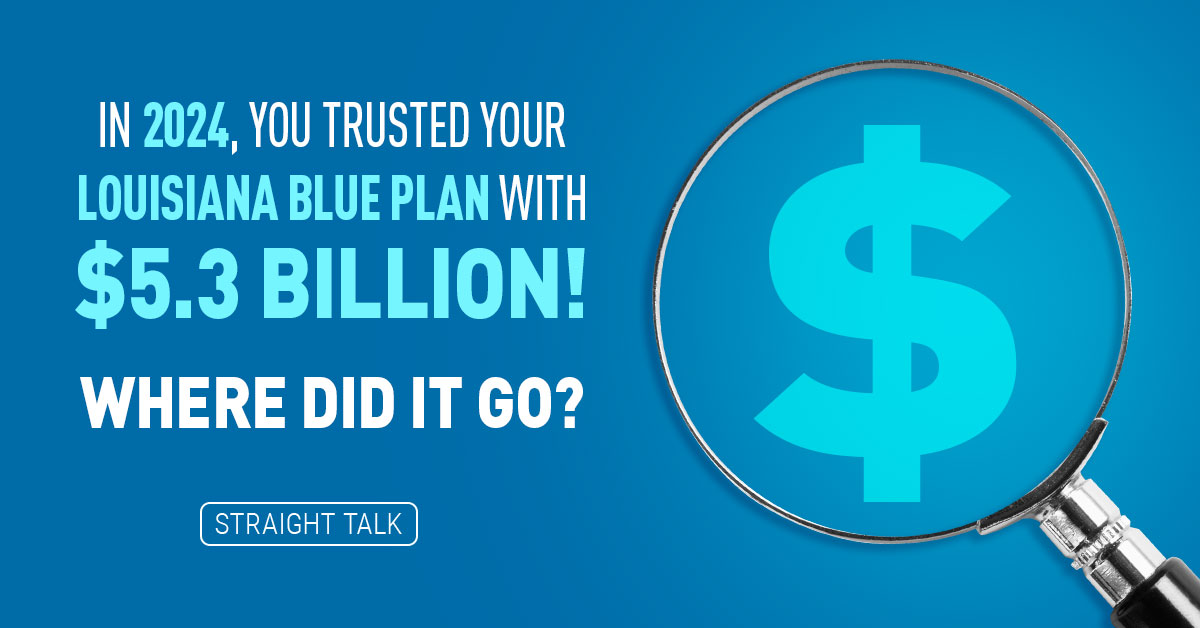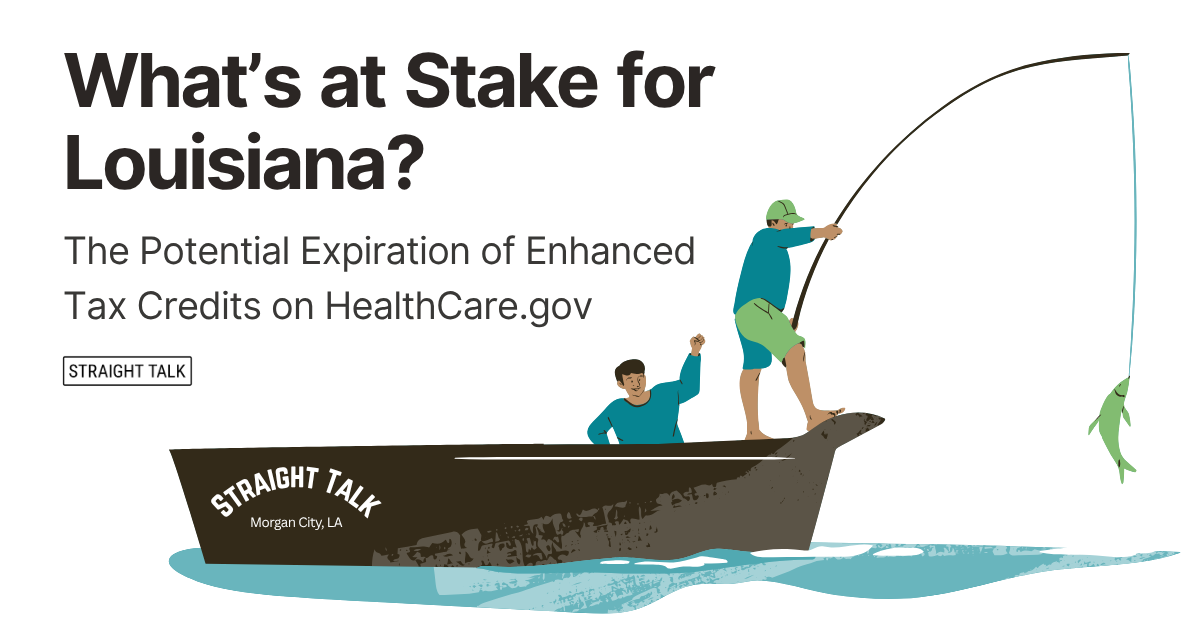I can remember it like it was yesterday, but it was fully 50 years ago. There I was, a tubby 8-year-old, strong for my age and tall, but chunky, all decked out in my Little League baseball uniform looking for all the world like a young Babe Ruth. “Hamer’s Hammers” was emblazoned across my jersey in big blue letters; “13” broadly across my back.
I was a right-handed first baseman who was big enough and strong enough to hit Little League pitching a mile. But there was just one problem.
I couldn’t hit. I struck out constantly. I literally missed the ball every time I swung. And I swung a LOT.
My poor Dad! I was his oldest child and he was so excited to see me play! And I could hear him up in the crowd every time I stepped into the on-deck circle: “Just take a deep breath, boy. Relax and keep your eye on the ball! You can do it!” And then, I would strike out again. But he never gave up.
This Boy Needs Glasses!
One evening we were home watching TV. It was Tuesday; Hawaii 5-0 night! I was in my traditional spot, lying on the floor about five feet away from the TV. Everybody else was sitting 15 feet away on the couch. My Dad called out to me “Hey, come back here and watch TV with us!” I moved back to the couch, but didn’t like it. He looked at me “What’s wrong?” “It’s all fuzzy!” I said. He looked at my mom. She nodded, and off to the optometrist we went the very next day.
“This boy needs glasses!” he said. And then I got some, and the world changed!
First game after I got my new glasses, the catcher was ribbing me, “Ha! Four-Eyes Bertaut can’t hit squat! Just lob it in!” I smiled because I knew tonight would be different. I could see everything, even the stitching on the ball as it came my way. I swung.
“CRACK!” The ball landed right on top the fence in left field. I made it all the way to third base, a triple on my first glasses-equipped at bat.
From the crowd I heard, clear as a bell, “I KNEW that boy could hit the ball!” Dad was triumphant.
And thus began my 50-year relationship with poor eyesight in constant need of correction. Nearsighted, with a significant astigmatism (misshapen eyeball, typically genetic), I wore glasses until high school, then contact lenses (the hard kind, back then) through most of college. I went back to glasses in my twenties and I’ve worn them ever since. Until now.
Cloudy, With a Chance of Cataracts
Over the past few years, I’ve noticed that even my corrected vision has seemed fuzzy, to the point where glasses were becoming less effective. My ophthalmologist sorted it out for me: “Hey, you’ve got cataracts!”
“What’s that? Can you fix it?”
“Cataracts are a clouding of the lenses in your eye that happen to many of us as we get older. Some folks get it younger than others. You are a little bit younger, but certainly not out of the range. They are quite common; about 10% of all Americans get them.”
“Ok, so what now?”
“What now?” turned out to be a VERY simple surgical procedure (at least to me!), done one eye at a time over 30 days. How am I doing?
Let’s just say I’ve been blessed with a miracle. For the first time in 50 years, I can see perfectly clearly without glasses. In fact, my post-surgery check-up showed that my vision in my left eye is BETTER than 20/20 and my right eye is now solidly 20/20 with no glasses or corrective lenses at all.
For the first time I can remember, the world is a clear, crisp place. I can read road signs from a great distance, and, more importantly for someone who is on the road as much as I am, oncoming headlights are now pinpoint, manageable sources of light, not the splashy blankets of light that were blinding me just a month ago. It’s like I’ve started my life all over again.
Forecast: Clear and Crisp
“So Mike, that sounds AMAZING! Should I get cataract surgery? And WHEN should I get it?”
Well, if you are one of the 30 million folks over age 40 who will get cataracts in the next two years, there are a couple of things you should know.
First: Cataracts develop over a period of years in most cases. Mine really snuck up on me; I had no idea how bad my vision really was until I got one eye done and could compare it to the other. Oh My!
Second: You have several options when you elect to have the surgery. This is where insurance gets involved. Most docs who do cataract surgery have access to a very high-tech laser that automates much of the surgery, but costs thousands of dollars more than your insurance (be it private or Medicare) will pay. There is a ton of competing literature on whether laser is safer than the surgeon’s skilled hands, but I had both. One of my eyes was more complex and I paid to have it lasered and for a special lens. The other eye was a simpler case, and I let insurance cover 100% of the manual version of the surgery. Both resulted in my eyes being amazing and 20/20 or better.
Finally: Whether the government is involved in deciding when it is time for your cataract surgery is a huge deal for you. In general, private insurance for those of us younger than 65 will pay for your cataract surgery when your eye doctor says it is time to have it. Once my insurance approved the procedures, my doc did the first eye within a week or two, and the second one 30 days later. Fast.
Cataracts and Medicare
Cataract surgery for seniors is generally covered by Medicare Part B. Your ophthalmologist must certify that your vision is deteriorating to the point where you would be unable to drive (20/40 or worse) and that you have struggles with doing the activities of daily living, like reading the text on your prescription bottles.
Once the doc certifies these things, Part B will cover basic cataract surgery. Just remember, if you have straight, government-issue Medicare Part B, you will be on the hook for 20% of the cost of the surgery after the deductible, which is typically a little under $200 per year. Part B will also cover a pair of glasses after surgery if your eyes don’t make it back to 20/20.
Under Medicare, if you need a special lens (like one of my eyes required) or decide to use the laser surgery, you will have to pay out of pocket for all additional costs above what Medicare pays for standard cataract surgery and lenses. So, you need to prepare for that as well.
If you have a Medicare Supplement or Medicare Advantage plan, the coverage is typically better, but you might be subject to network restrictions when you select your ophthalmologist. Be sure to check with your insurance company before you schedule anything.
When I was “between eyes,” I began to wonder what would have happened to me if I had been enrolled in a government-payer-only healthcare system, like Canada or the UK. Since the political winds have turned strongly to “Medicare for All” lately, I think it’s important to see what we would give up under such a system. In terms of cataract surgery, it is pretty dramatic.
But, I’ll fill you in on that next time. For now, I’ll be SEEING YOU! (very clearly!).
This is just the start to Straight Talk in 2019!





Mike I would like you to speak at my Rotary Club. We meet on Mondays at noon at the Four Columns in Harvey on the WestBank and of coarse you can bring 5 guests and I will treat them and you to a great lunch. The speaker is given 20 minutes and if you want longer as long as they are interested and I know they will be because I love hearing your speaches they are always wonderful and we are a good group who will all relate. Pick your Monday and I can’t wait.
Thank you,
Charles
Charles! I would be happy to get with your group! Just reach out to me at michael.bertaut@bcbsla.com and we’ll firm up the details! Thanks so much for thinking of me….mrb